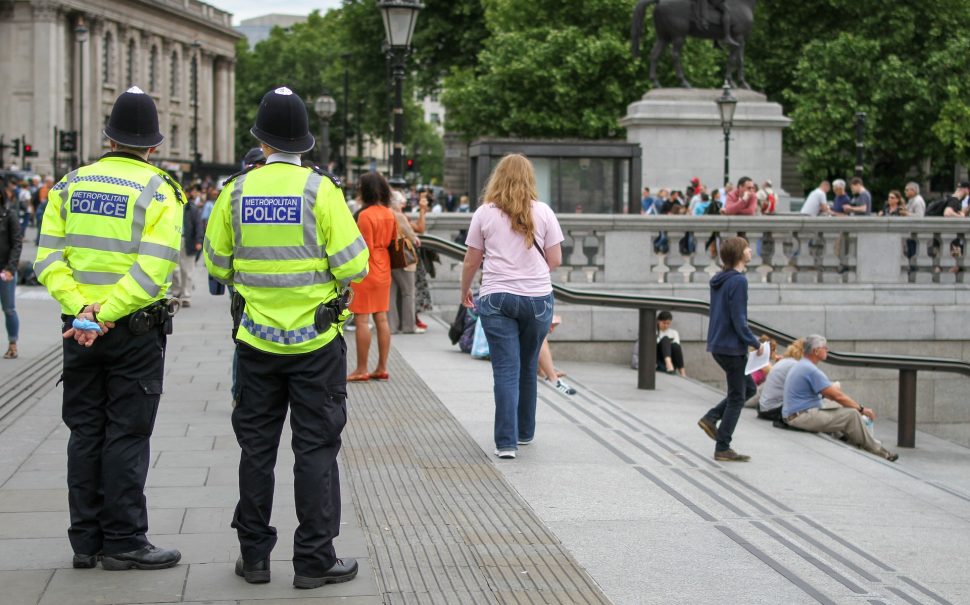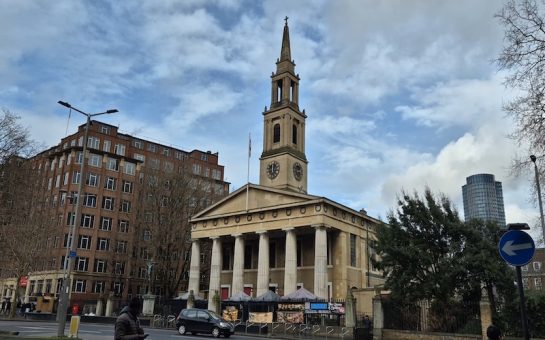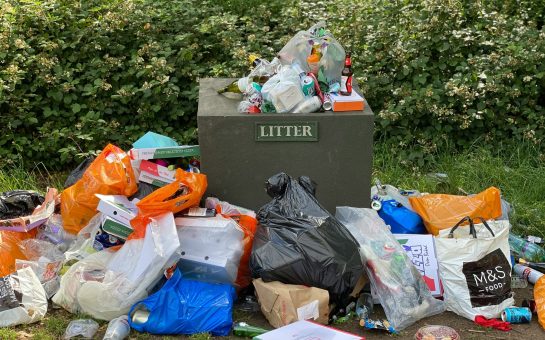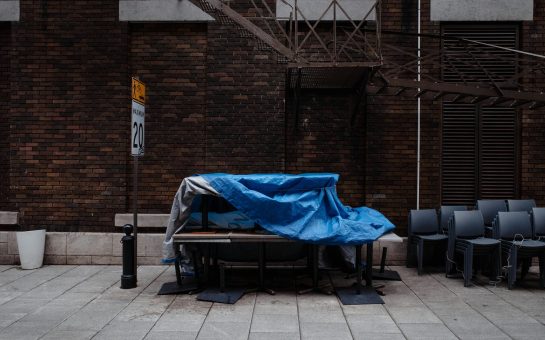There’s growing concern surrounding knife crime in London following the arrest of five people after a man was stabbed in south London on Sunday 7 July.
An air ambulance was dispatched to the scene along with the police, who found a 35-year-old man with stab injuries in the Clapham Common area.
And, according to recent data, London and other metropolitan areas across England and Wales are witnessing a concerning rise in knife-enabled crimes.
The latest statistics reveal that knife crime remains heavily concentrated in urban regions, with the Metropolitan Police Service and the West Midlands Police reporting significant portions of the total offences.
Knife-enabled crimes continue to plague metropolitan areas, with the Metropolitan Police Service accounting for 29% of all offences.
This concentration underscores the ongoing challenge these areas face in tackling knife-related violence.
Comparing data from December 2022 to December 2023, the Metropolitan Police experienced a steep increase of 20%, reaching 14,577 offences.
However, it’s worth noting that despite this significant rise, the levels for the Metropolitan Police were still lower compared to the pre-pandemic year ending March 2020, which saw 14,680 offences.
Lambeth and Croydon consistently reported high knife crime incidents throughout the years.
Lambeth, in particular, had the highest peak in 2015 and remained the top borough in 2016.
Boroughs like Hammersmith & Fulham, Kensington & Chelsea, Kingston Upon Thames, and Richmond Upon Thames demonstrated significant reductions in knife crime, indicating successful intervention measures.
The issue extends beyond the use of knives in violent crimes to the possession of these dangerous weapons.
Police recorded offences for “possession of article with a blade or point” were slightly higher in the year ending December 2023, with 27,672 offences, marking a small increase from December 2022’s 27,463 offences.
Notably, the number of possession offences in the year to December 2023 is 19% higher than in the year to March 2020 (23,264 offences) and an alarming 92% higher compared to March 2017.
The increase in knife crime and possession offences calls for a multifaceted approach to tackle the root causes and mitigate the impact.
Community engagement, youth programmes, and preventative measures are critical to reducing the appeal and accessibility of knives. Moreover, ongoing support for law enforcement to conduct targeted operations remains essential.
The Mayor of London, Sadiq Khan, has announced that London’s Violence Reduction Unit (VRU) will be investing £1.4 million in local community groups that specialise in early intervention to tackle knife crime.
The VRU which was set up by the Mayor, will provide funding for about 40 community projects that deliver interventions and provide support and diversionary activities for nearly 25,000 young Londoners in high-crime areas.
The new investment comes as London’s VRU secured £7m funding from the Home Office for a series of programmes and initiatives to tackle all forms of violence in the capital.





